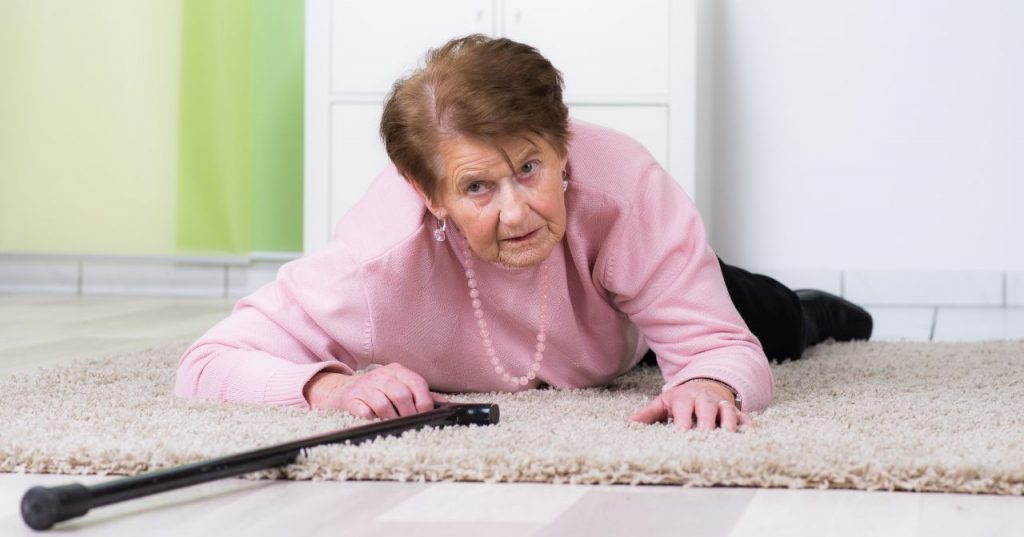Falls are the leading cause of fatal and non-fatal injuries among adults 65 and older, according to The Centers for Disease Control and Prevention (CDC). Even worse, the agency reports that death rates in this category among older adults increased 30% from 2007 to 2016. Older adults living in nursing homes could be particularly vulnerable.
“With that high frequency among older adults, nursing homes are a prime location for these types of injuries,” said John Dalli, a partner in the New York-based law firm Dalli & Marino, LLP. “If your parent or loved one falls in such a facility, it could have been the result of neglect. You should ask a lot of questions on how this happened, and what can be done about it.”
How Do Nursing Home Falls Occur?
A fall can happen for any number of reasons. Certain medications may produce side effects such as dizziness, causing a person to lose balance. They can also be triggered by environmental hazards such as uneven floors, poor lighting, spills left to sit, or broken furniture. Sometimes, falls occur from neglect. An example would be nursing home residents who need assistance using the restroom. If their calls for help are not answered, they may tumble while attempting to go to the bathroom by themselves.
What Injuries Can Result?
Falls can result in broken bones, including the wrist, ankle, hip or arm, which may require months of rehabilitation or even become a permanent disability. If your parents hit their heads in a spill, the situation turns extremely serious or even fatal. Falling once doubles your chances of it happening again, making older people fearful of a repeat episode. They often cut down their everyday activities, becoming weaker which increases their chances for another tumble.
How Can A Nursing Home Prevent A Fall?
Nursing homes can help prevent falls by implementing prevention programs by organizations such as the Agency for Healthcare Research and Quality which recommends identifying patients at risk, establishing a fall prevention team, using patient-specific approaches to minimize risk and conducting post-incident huddles to detect system flaws. The National Council of Aging website also outlines many deterrence programs in which capable elderly patients can participate.
Who Can Be Held Responsible?
That depends on the facts and circumstances of the case. In general, employers can be held liable for the actions of negligent employees. So if a nursing home resident falls due to a lack of care by nursing home staff, then that patient may be able to hold the staff member’s employer liable for its employee’s negligent actions.
What Compensation Can Be Recovered?
If a nursing home is found liable for a resident’s injuries, that resident can recover damages from the facility. What damages are appropriate will depend on the facts and circumstances of each individual case.
Generally, damages can be broken up into two categories: compensatory or punitive. Compensatory helps reimburse the plaintiff for losses resulting from the injury such as medical bills, lost wages, and pain and suffering. Punitive damages are meant to punish the defendant and deter similar conduct in the future. These are typically awarded only if the behavior was egregious or reprehensible.
Contact Dalli & Marino LLP
If your loved one has fallen at a nursing home facility in New York and you suspect the cause was negligent care, please call the law firm of Dalli & Marino, LLP for a free case evaluation. We have been providing top-tier representation and we have recovered millions of dollars for families in Suffolk and Nassau Counties (Long Island), Manhattan, Brooklyn, the Bronx, Queens, Staten Island and Westchester County since 1995. Our attorneys have extensive experience fighting on behalf of those who have been subject to abuses while in residential care facilities.
Please contact our team to discuss your case, or with any questions, at 1-888-465-8790 [Toll-Free], or by completing the CASE EVALUATION Form on our Contact Page.



